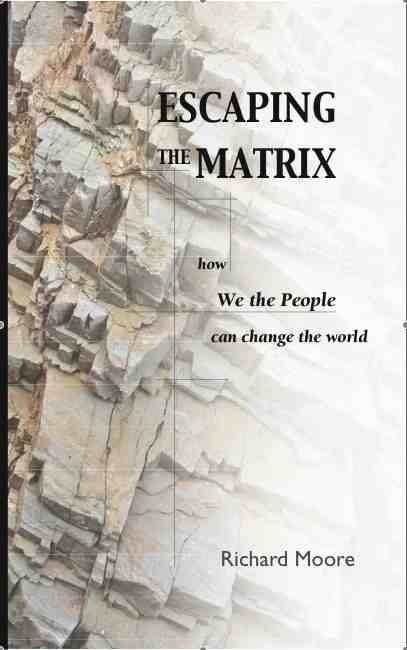A perspective on radical democracy
Thoughts on Radical Democracy - 20 June 2004
The US-WILPF mission statement proclaims that “WILPF members create the peaceful transformation they wish to see in the world by making connections that build and strengthen relationships and movements for justice, peace, and radical democracy among people all over the world.” What do we mean by radical democracy?
Radical means “at the root,” and democracy means “rule by the people.” But combining the words together gives us something more than the sum of two parts. Radical democracy is not something modern societies have experienced in a widespread, sustained fashion, so it’s not a reality we can precisely define. But we have seen glimpses that suggest it is part of our core nature, something we can nurture and develop, so capturing its essence gives us something we can aspire to.
Radical democracy is a state of political being. It is not a kind of government, it is an end of government. It starts when people assume they have the values, beliefs, and skills to govern themselves. Then they create processes and institutions to meet their societal goals. But the existence of institutions like voting or courts does not guarantee radical democracy any more than the institution of marriage guarantees the presence of love. As one writer on the subject notes, radical democracy is an adventure of human beings creating with their own hands the conditions for their own freedom - it’s a way in which people order their lives together, through discussion and common action, on principles of equality and justice. Radical democracy can only come into being through widespread individual awakening that embraces commitment to community, inclusion, mutuality, and cooperation; it cannot be imagined and imposed on people by force or law.
Some of the goals, values, and conditions of radical democracy, as envisioned by US-WILPF, include:
Whatever benefit it may have once provided us, the flat, two-dimensional nature of the left-right political spectrum is an inadequate framework for radical democracy. Expanding our imaginations and actions into a third dimension and beyond is crucial to bringing the world we want into being.
The US-WILPF mission statement proclaims that “WILPF members create the peaceful transformation they wish to see in the world by making connections that build and strengthen relationships and movements for justice, peace, and radical democracy among people all over the world.” What do we mean by radical democracy?
Radical means “at the root,” and democracy means “rule by the people.” But combining the words together gives us something more than the sum of two parts. Radical democracy is not something modern societies have experienced in a widespread, sustained fashion, so it’s not a reality we can precisely define. But we have seen glimpses that suggest it is part of our core nature, something we can nurture and develop, so capturing its essence gives us something we can aspire to.
Radical democracy is a state of political being. It is not a kind of government, it is an end of government. It starts when people assume they have the values, beliefs, and skills to govern themselves. Then they create processes and institutions to meet their societal goals. But the existence of institutions like voting or courts does not guarantee radical democracy any more than the institution of marriage guarantees the presence of love. As one writer on the subject notes, radical democracy is an adventure of human beings creating with their own hands the conditions for their own freedom - it’s a way in which people order their lives together, through discussion and common action, on principles of equality and justice. Radical democracy can only come into being through widespread individual awakening that embraces commitment to community, inclusion, mutuality, and cooperation; it cannot be imagined and imposed on people by force or law.
Some of the goals, values, and conditions of radical democracy, as envisioned by US-WILPF, include:
- the needs of all people are met - food, water, clothing, shelter, healthcare, spirituality, lifelong education and growth
- equal participation by each person in all decisions that affect them
- a sense of community, connection, and right relationship to each other and all of life on the planet
- sustainable cultures and economies
- highly effective communication skills: the capacity for deep listening and speaking from the heart
- trust, faith, and honesty
- balance between heart, mind, and spirit
- shared-power dynamics in which authority is linked to responsibility
- human-scale societies and institutions
- diversity being treasured and celebrated
- a deep understanding that we must all do this together
Whatever benefit it may have once provided us, the flat, two-dimensional nature of the left-right political spectrum is an inadequate framework for radical democracy. Expanding our imaginations and actions into a third dimension and beyond is crucial to bringing the world we want into being.

